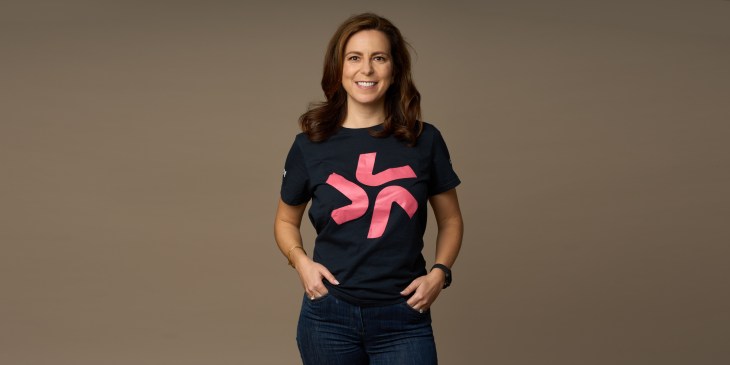Silvija Martincevic, former chief commercial officer of Affirm, one of the U.S.’s biggest buy now, pay later startups, has been appointed to CEO of shift work management platform Deputy. Based in Australia, Deputy is focused on expanding in the United States and other countries, and Martincevic will oversee its growth strategy. She will also take a seat on Deputy’s board of directors.
As part of her work at Affirm, Martincevic oversaw sales and strategic partnerships, growing the number of merchants that offer Affirm as a payment option from about 5,000 to more than 200,000 and onboarding companies like Walmart, Shopify and Amazon. Before joining Affirm in 2019, Martincevic led Groupon’s international business in Europe, Asia and Australia as chief operating officer and chief marketing officer. She is also a board member of Lemonade and Kiva.
Founded in 2008, Deputy has raised $104 million AUD (about $72 million USD) from investors like Square Peg and IVP, reaching soonicorn valuation. It is used by over 330,000 workplaces around the world, including Nike, Everlane, Five Guys and Ace Hardware, and 1.3 million shift workers. Deputy says it has surpassed $100 million AUD (about $69.5 million USD) in annual recurring revenue.
Martincevic is succeeding Ashik Ahmed, Deputy’s co-founder, as CEO. Between its formation in 2008 and 2017, Deputy didn’t have a CEO, until Ahmed stepped into the position after the startup’s first funding round. At that time, Ahmed announced he would look for someone new to take over the position, feeling like it was important to find a new CEO with the skills to continue Deputy’s global growth.
Martincevic told TechCrunch that she grew up in a family of shift workers, including her mom, who worked in a shoe factory, and her father, who was a truck driver, and is interested in how tech can make a social impact. During the first ten years of her career, she worked in finance as a founder and investor in socially responsible investments, and women- and minority-owned businesses.
At Groupon, she focused on bringing small businesses into the digital economy, while her work at Affirm centered around creating financial products for unbanked consumers. Her work at Deputy will continue the theme, since shift workers deal with more complex scheduling and payment calculations and their employers need to comply with labor regulations like Fair Workweek rules.
“Building two-sided networks businesses, like Deputy, Affirm and Kiva, is really hard, but once that business model is built, and both sides of the network reinforce each other, these are lasting businesses,” Martincevic said. “I want to be incredibly thoughtful in how we scale our employer and shift-worker networks, and to ensure that the products we build create an equitable balance that drives better outcomes for both sides.”
Martincevic’s goal as Deputy’s CEO is to focus on increasing its global presence. She said that Deputy’s experiences operating in Australia and Europe, which have strong worker protection regulations, give it an advantage as the U.S. adapts to new policies.
“In the U.S. we’ve seen the growing momentum of Fair Workweek protections, and this will inevitably drive a large shift in the way workers and employers interact,” she said. “And Deputy’s technology can enable any of the needs that may arise for employers and employees.”
